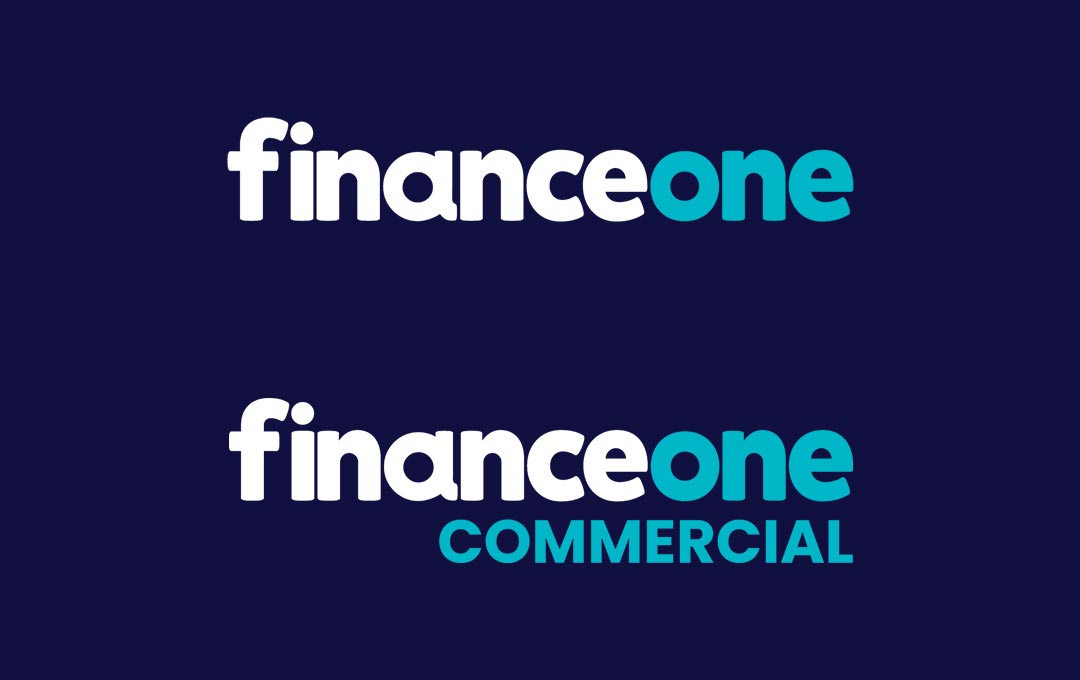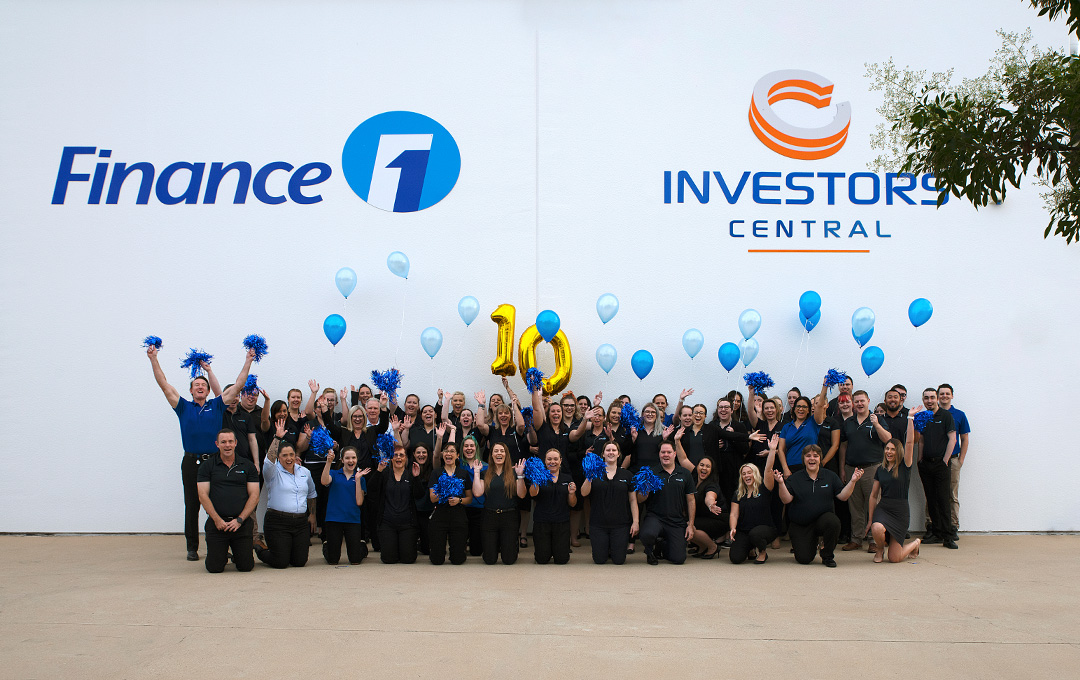You need a new vehicle, but you’re not sure if you should set up a novated lease agreement or take out a car loan.
We take a closer look at both options, to help you get a better understanding of which one may be right for you.
What is a novated lease?
A novated lease involves financing a car through your employer using salary packaging. Your employer leases a car on your behalf, and the monthly lease payment, plus some (or all) of the vehicle’s running costs, come out of your pre-tax earnings. When the lease term comes to an end, you can either return the car, purchase it outright, or upgrade to a new car.
If you choose to purchase the vehicle outright, you’ll need to pay a residual fee.
The residual fee is a percentage of the initial purchase price, determined by the financier, based on factors including the depreciation of the vehicle over the lease term.
Here’s how it works: A $50,000 vehicle with a residual fee of 30% means to purchase the car outright at the end of the term, you’d pay a $15,000 residual fee. You may also have the option to sell the car and use the proceeds to pay off the residual fee and keep the profit.
Bad credit?
At Finance One, we help improve the lives of everyday Australians with our car loans for people with a bad credit history or no credit history.
Apply Online NowPros and cons of a novated lease
Pros
- Tax savings: The biggest advantage of a novated lease, and why most people choose this option, are the tax benefits. As you’re paying for the car from your pre-tax salary, the amount of income tax you pay is reduced because you are reducing your taxable income.
- Save on running costs: Some expenses, such as fuel, maintenance, and the car insurance policy, can also be paid for with pre-tax dollars, which adds up to further savings.
- Lower repayments for easier budgeting: You can expect a unified monthly deduction for the car lease and associated vehicle costs, which makes it simpler to manage your finances.
- Flexibility at the end of the lease: You can purchase the vehicle by paying off the residual value, renewing the lease for an extended term, or selling the car and using the funds to pay off the residual value owed to the financier.
Cons
- You don’t own the car: This means you can’t modify it or sell it during the lease term.
- Your choice of a car may be restricted: Some employers only allow novated leases for certain types of vehicles or have a limit on the amount of pre-tax income that can be used for the novated lease.
- Paying out the lease if you leave your job: Depending on your terms of employment and novated lease contract, you may be required to pay out the remainder of the lease term if you leave your job.
- You must earn a salary: If you own your own business, you must pay yourself a salary to be eligible for a novated lease.
- A large residual payment: Depending on the cost of the vehicle and the terms of your novated lease, the residual value to pay at the end of the lease, if you want to purchase the car outright, could be significant. Keep in mind that some car loans can also come with a lump sum payment at the end of the loan term. This is called a balloon payment and is designed to make the regular repayments lower over the loan term.
What is a traditional car loan?
With a car loan, you borrow a certain amount of money from a bank or lender, to purchase a car. You then make repayments (on a weekly, fortnightly or monthly basis) over a set term, generally between one to five years.
There are three key things to think about when considering a car loan:
- Interest: The interest amount directly impacts how much you’ll pay in total over the life of the loan.
- The loan period: Determines the length of time you’ll be making car loan repayments and how much you’ll pay in interest charges.
- Repayment amount and frequency: Determines how much you’ll be paying each month and how quickly you’ll be able to pay off the loan.
Pros and cons of a car loan
Pros
- No savings required: The most obvious benefit of a car loan is the ability to pay for a car without putting any money down. You might opt for a car loan if you don’t have the cash or would prefer to use your savings for something else.
- Improve your credit history: As long as you make your repayments on time, taking out a car loan can help you establish good credit or get a poor credit score back on track.
- Possible tax deductions: If you use your car for work purposes, you may be eligible for certain tax deductions.
- You’re not tied to an employer: Unlike a novated lease, you have no obligation to your employer for financing the vehicle which allows more flexibility to change jobs.
- Choose the car you want: Depending on the amount you can borrow, you may have a greater choice of cars than a novated lease.
Cons
- Fluctuating maintenance costs: You are responsible for running costs as they arise, which could mean unexpected bills, unlike a novated lease where maintenance is bundled into a steady monthly payment.
- Less tax-effective: A car loan is not as tax-effective as a novated lease because you’re paying for the car with post-tax dollars.
Which is right for me?
So, which option is right for you? Let’s look at some scenarios where either a novated lease or car loan may be more appropriate:
- If you want more control over the vehicle without being tied to an employer, a car loan may be a better choice.
- If you prefer lower repayments and are comfortable with the restrictions of a novated lease contract, then this could be a good choice.
- Novated leases may be a better option if you want to save on tax and bundle all your car expenses into a single payment.
- If you use the car for personal reasons, then a car loan could be more suitable as it offers more flexibility in terms of usage.
- A car loan may allow for modifications to the vehicle.
- With a car loan, you may have more negotiating power to get a better purchase price and save money overall.
While a novated lease arrangement may generate significant tax savings, the strategy can be quite involved. If you’re considering a novated lease, it’s a good idea to talk to your accountant or registered tax agent.
Let Finance One get you the finance you need
At Finance One, we help improve the lives of everyday Australians with our car loans for people with a bad credit history or no credit history. Reach out to our team to find out more about our vehicle loans.
Apply Online NowNormal lending criteria apply. Fees and charges are payable. Terms and conditions apply.
Finance One means:
Fin One Pty Ltd – ABN: 80 139 719 903
Australian Credit Licence: 387528
Disclaimer: The information above is of a general nature only and does not consider your personal objectives, financial situation or particular needs. You should consider seeking independent advice regarding your legal, financial, taxation or other needs, to check how the information relates to your particular circumstances. We do not accept responsibility for any loss arising from the use of, or reliance on, the information. All loan applications are subject to normal lending criteria. Fees and charges payable. Terms and conditions apply.



